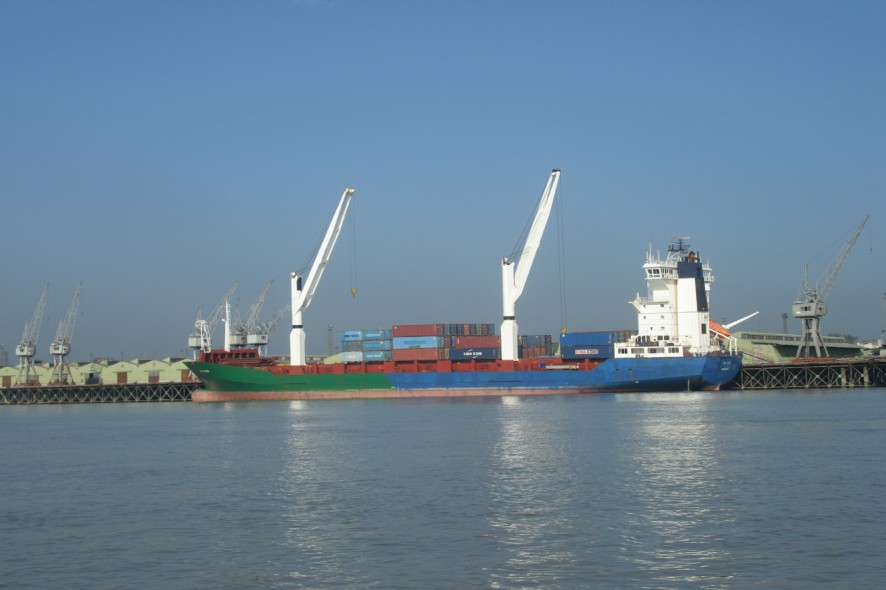The Ship Breaking Code of 2013 was notified on 29.03.2013 after the deliberations of the Inter-Ministerial Committee on Ship Breaking, which included the Ministries of Steel, Shipping and Environments and Forests. The said Code was extensive and dealt with the various procedural safeguards to ensure safe, environmentally-friendly ship breaking, taking labour considerations also under consideration.
The proposed amendments dot the Code and aim at further extension, rather than an elegant overhaul of an unwieldy and at times ungrammatical Code. A preliminary observation is that handling waste, particularly radioactive waste and radiological safety, form a significant part of the amendments. This may be seen through the inclusion of the definitions of Hazardous waste and the Radiological Safety officer (RSO) , and with the amendment of the penalties provisions to including radiological incidents. Similarly, amendments to the table under Clause 6.4 of the Code, where the mode of disposal of various substances of concern such as dielectric fluid, PCBS, tributylin(TBT), lead, mercury liquid level indicators present in paint scrap, sacrificial anodes, ship’s instruments reflect modern waste disposal practices and an attention to the Hazardous Waste (MW & TM Rules) 2008, the E-Waste Rules, and elsewhere in the Code , the Atomic Energy (Safe Disposal of Radioactive Wastes ) Rules, 1987. The labeling and storage of radioactive waste is to follow the Atomic Energy (Radiation Protection) Rules, 2004, and as per the instructions of the Radiological Safety Officer at the State Maritime Board or the Port Authority. Furthermore, sub clause 6.6.1, at (f) provides not merely for the intimation to the Coast Guard after an oil spill and the activation of the National Oil Spill Disaster Contingency Plan (NOSDCP), but also casts a responsibility upon the Ship’s Recycler to take preventive measures. Physical Security measures against the entry of any ‘contraband/radioactive element into the hinterland’ with regular security audits by the security agencies of the Government of India are made a responsibility of ship breaking yards.
An interesting change, reflecting maritime practice, is in the requirement to submit as part of ship’s details during the anchoring process and as part of documents submitted for Customs purposes,, the details of the flag of the ship, not the flag of the country. Many schooners may fly multiple flags and belong to a country disparate from the current flag. This may be signaling a desire to ensure greater accountability on the part of the Ship’s Operator. a ship seeking entry for purposes of recycling is required to provide its co-ordinates and likely duration of stay. The definition of ‘shipowners’ has been introduced, which includes managers and bareboat charterers who have assumed responsibility for the ship, the Operator Company in the case of a Ship owned by the State, as well as temporary owners pending sale and handing over of a shipto a Ship Recycling facility. The amended definition of Ship Recycler identifies the Ship Recycler as the specie who shall assume the responsibilities and duties under this Code. Other definitions that have been added are that of ‘administration’, ’employer’ and ‘tanker’, as well as a change in the overseeing body of the Atomic Energy Regulatory Body from the Department of Atomic Energy to the Atomic Energy Commission.
A quaint and eminently logical amendment allows the sale of gas cylinders through MoEF approved agencies or registered recyclers as opposed to the earlier clause barring such sale, providing only for scrapping by the TDSF.
The reactions of the Ship Breaking Scrap Committee and the various stakeholders who have been invited to comment upon these amendments remains to be seen.






